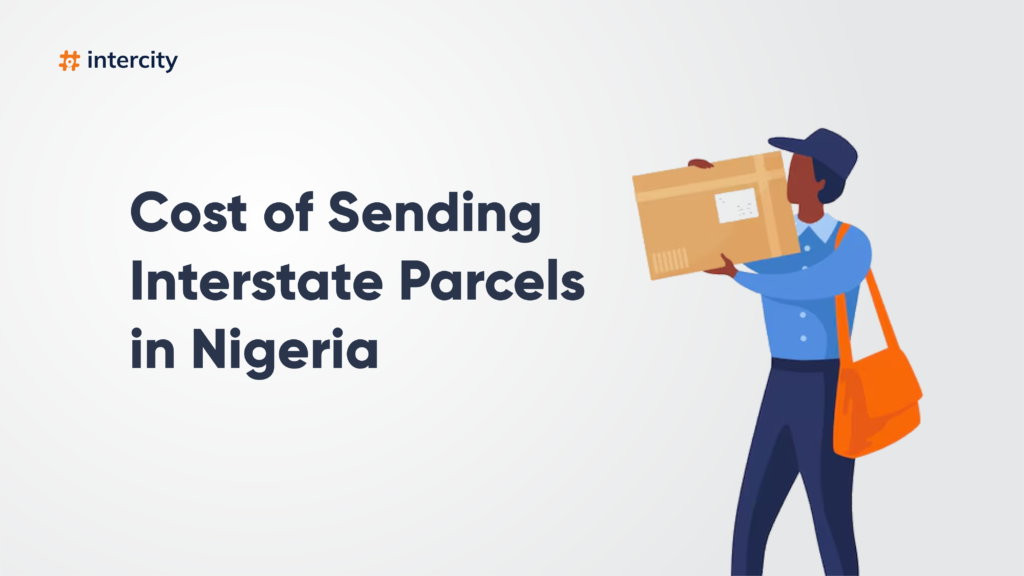A waybill is an essential document in logistics that acts as a receipt for goods being transported from one point to another. In Nigeria, waybills are crucial in ensuring the smooth movement of goods across cities, states, and international borders. They serve as proof of dispatch and delivery, confirming that the goods have been handed over to the carrier and delivered to the recipient.
Waybills play a dual role in Nigeria’s logistics system. While formal logistics companies adhere to strict waybill practices, the more informal road transport system may involve different procedures.
Types of Waybills Used in Nigeria
In Nigeria, two main types of waybills are commonly used:
1. Commercial Waybills
Commercial waybills are used when goods are moved for business transactions, such as sales or distribution. They contain detailed descriptions of the goods and act as a legal document confirming dispatch and receipt.
2. Non-commercial Waybills
These are used for personal reasons or non-business transactions. Whether sending personal effects, gifts, or items for relocation, a non-commercial waybill provides evidence of goods sent and received.
Components of a Waybill
A well-structured waybill contains the following key details:
- Sender and receiver details: Full names, addresses, and contact information of both the sender and the recipient.
- Description of goods: A list of the items being transported, including quantity, weight, and value.
- Transportation details: Information about the mode of transport, such as the vehicle registration number and transport company’s name.
- Terms and conditions: Instructions or agreements between the sender, carrier, and receiver.
The Role of Waybills in Nigerian Logistics
The waybill serves several critical functions in Nigeria’s logistics system:
1. Tracking Shipments
Waybills provide reference numbers or tracking IDs used to monitor shipments. Couriers and freight companies rely on these to track goods in real time.
Read Further: How to Track Waybill Shipments Effectively with IntercityNG
2. Proof of Delivery
Upon delivery, the recipient or their representative is typically required to sign the waybill, confirming that the goods were received. This signed waybill serves as legal proof of delivery. However, in many cases, particularly with informal road transport, this signature may not always occur.
3. Legal Significance
Waybills serve as legal documentation in disputes regarding the delivery or condition of goods. They are often used in business environments to prove that goods were delivered as agreed.
H5: How to Issue a Waybill in Nigeria
Waybills in Nigeria can be issued either manually or digitally:
1. Manual Waybills
Manual waybills involve filling in paper forms that contain details of the transaction. These forms are usually retained by both the sender and the carrier throughout the shipping process.
2. Digital Waybills
Many businesses in Nigeria now issue digital waybills using courier apps or logistics platforms. Digital waybills allow for easier tracking and reduce the risk of loss.
Process of Using a Waybill in Nigeria
The waybill process typically involves three steps:
- Collection of Goods: The sender prepares the goods for dispatch and creates a waybill with the necessary information.
- Transportation with the Waybill: Once the goods are handed over to the transporter, the waybill accompanies the shipment, serving as proof that the goods are in transit.
- Delivery and Receipt Confirmation: The recipient signs the waybill upon receiving the goods to confirm delivery, although this signature is not always required in informal transport systems.
Handling Waybills in Road Transport vs. Logistics Companies
The way waybills are handled in Nigeria differs significantly depending on the method of transport:
1. Road Transport
When sending parcels via informal road transport systems (e.g., buses or trucks), recipients often do not sign the waybill upon receiving their goods. Here’s why:
- Lack of Formal Procedures: Many road transport operators in Nigeria do not require formal documentation or signatures. Parcels are typically left with a trusted driver or intermediary, and the waybill may be kept by the transporter without a formal signature from the recipient.
- Third-Party Involvement: Goods are often delivered to third parties such as a bus park manager or intermediary, who holds onto the goods until the recipient comes to collect them. In these cases, there is no immediate requirement for the recipient to sign a waybill, and the transaction is often based on verbal agreements.
- Minimal Documentation: While a waybill might be generated for record-keeping by the sender, it may not be formally signed by the recipient, particularly when the sender and transporter have an established trust.
2. Logistics Companies
On the other hand, formal logistics companies, like GIG Logistics, DHL, and FedEx, require recipients to sign waybills upon delivery. This is part of their standardized procedures, which include:
- Recipient Signature: When using a formal logistics company, the recipient is required to sign the waybill as proof that they received the goods in good condition. Without this signature, the delivery is considered incomplete.
- Digital Tracking: Logistics companies often use digital systems that allow the sender to track the shipment in real time. The waybill is a key part of this system, ensuring accountability and transparency throughout the delivery process.
Regulatory Framework for Waybills in Nigeria
Nigerian law requires waybills for commercial shipments as a legal record of goods in transit. NIPOST (Nigerian Postal Service) regulates the use of waybills by courier services, ensuring compliance with government standards. Shipments without waybills may face legal consequences, especially during inspections by law enforcement.
Waybill vs. Invoice: Key Differences
- Waybill: A document that tracks the movement of goods and acts as proof of dispatch and delivery.
- Invoice: A financial document that lists the goods or services provided along with their prices, serving as a request for payment.
Waybills document the physical transport of goods, while invoices are used for financial transactions.
Challenges with Waybills in Nigeria
Despite their importance, the waybill system in Nigeria faces several challenges:
- Incomplete Information: Missing or inaccurate details can lead to confusion or disputes.
- Loss or Misplacement: Physical waybills can be lost, especially in informal road transport systems where documentation is not prioritized.
- Fraudulent Waybills: Some individuals create fake waybills to misrepresent goods in transit, leading to potential legal and financial issues.
Related: How To Send Parcels on IntercityNG; Easy Cheap and Reliable
Importance of Accuracy in Filling Waybills
Accuracy in waybill documentation is crucial for avoiding disputes. Mistakes in recording sender and recipient information, the description of goods, or transportation details can lead to misunderstandings and even legal problems.
How Technology is Improving the Waybill Process in Nigeria
Technology is playing a growing role in improving the waybill process in Nigeria:
- Digital Waybills: Platforms like IntercityNG, offer digital waybills that simplify the process and provide instant tracking of goods.
- Blockchain in Logistics: Blockchain technology is being explored for secure and tamper-proof documentation, enhancing the transparency of the waybill process.
Role of Couriers and Transport Companies in Waybill Management
Logistics companies in Nigeria have developed standardized procedures for managing waybills. Couriers like DHL, FedEx, and UPS ensure that every shipment is documented and tracked using waybills. Recipients must sign these waybills upon delivery, providing a layer of security and accountability that is often missing in road transport systems.
The Future of Waybills in Nigeria
The waybill system in Nigeria reflects the country’s diverse logistical landscape. While formal logistics companies require signed waybills for transparency and accountability, informal road transport practices often skip this step. As technology continues to evolve, the waybill process is likely to become more digitalized, offering greater security, transparency, and efficiency across the logistics sector. Whether through digital waybills, blockchain solutions, or traditional paper forms, waybills will remain a fundamental part of Nigerian logistics, ensuring that goods move safely and transactions are properly documented.




